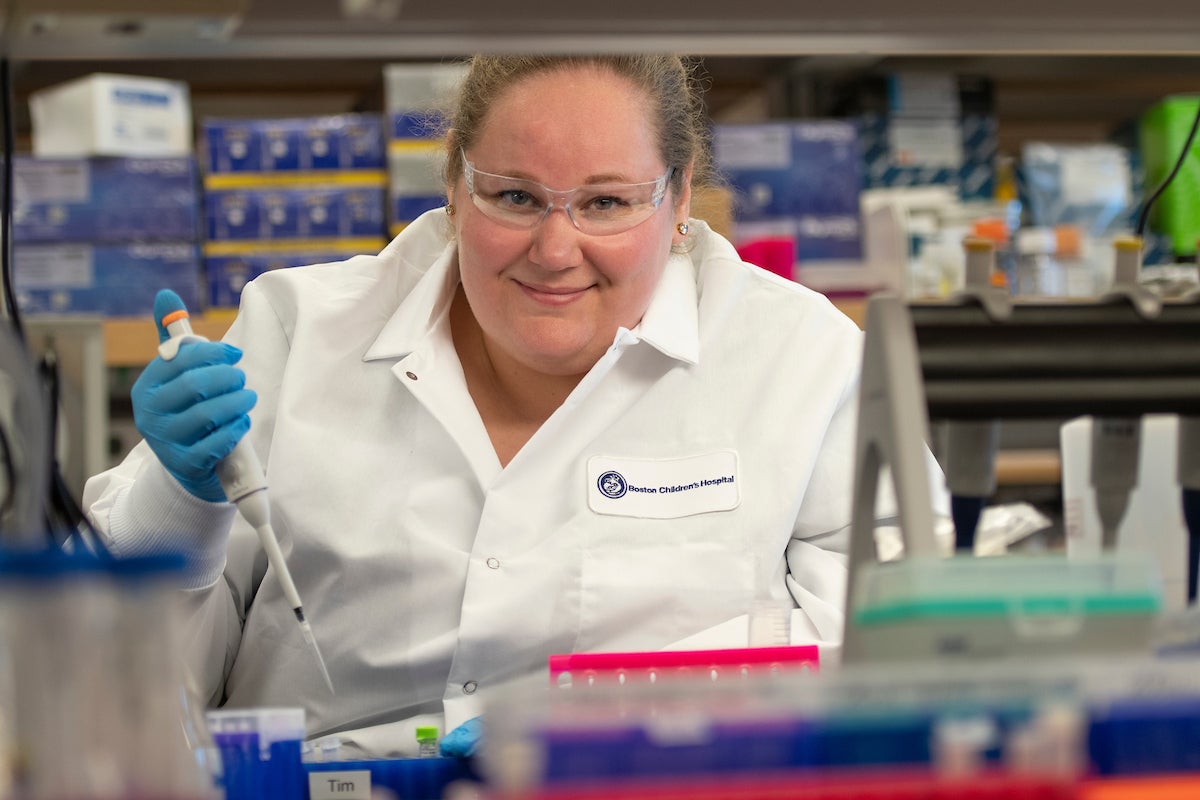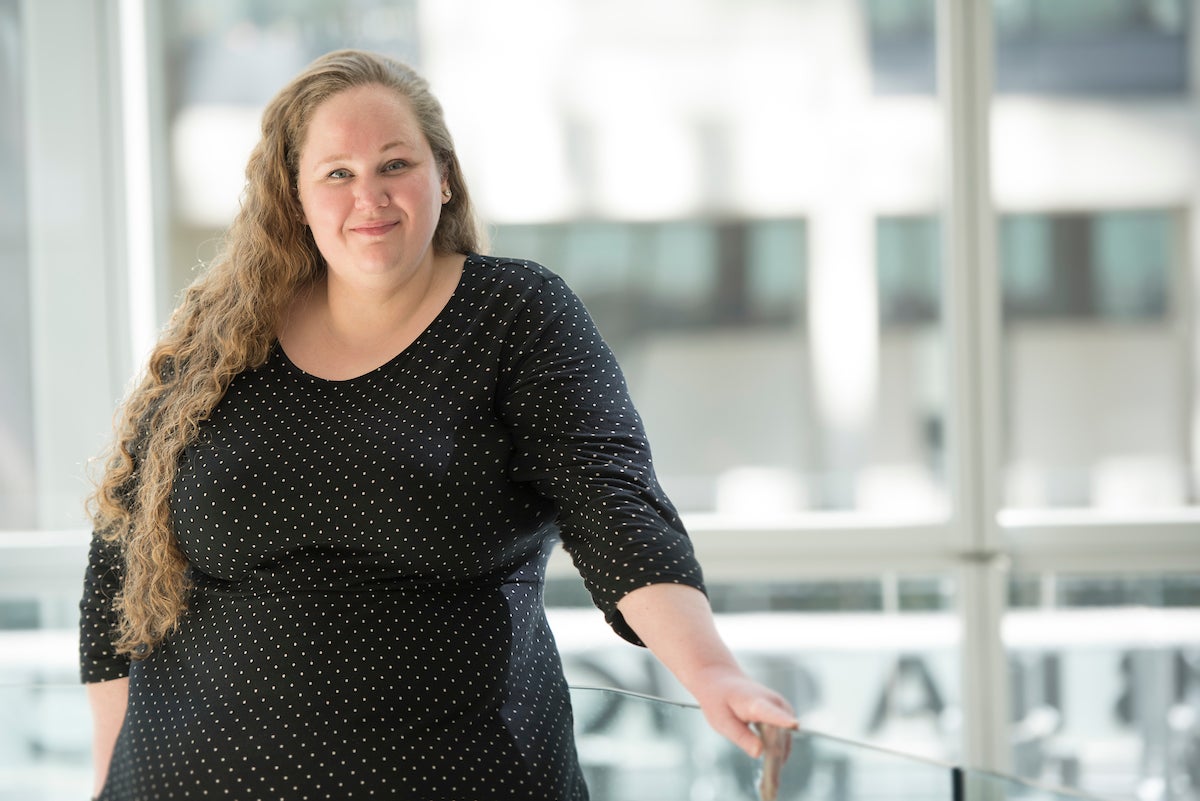News & Highlights
Topics: Education & Training
In Focus: C/T Research Academy Offers More Than Just Skills
Participation in Harvard Catalyst's C/T Research Academy leads to life-changing career guidance.

For genetics research fellow Cynthia Gubbels, participation in Harvard Catalyst’s Clinical and Translational (C/T) Research Academy has done much more than help her advance her skills as a researcher and physician.
A native of the Netherlands, where she earned both her medical and doctorate degrees and conducted residencies in pediatrics and genetics, Gubbels arrived at Boston Children’s Hospital in 2013 with few professional contacts within the medical community. The C/T Research Academy, which she began in 2016, not only introduced her to and advanced her knowledge in an array of subjects, it also connected her to a new community of mentors and professional collaborators.
“If you come somewhere new, like I did, and you don’t have a lot of contacts, it can be tricky to find the right people. You have to find your way. It was so valuable to grow my network,” Gubbels says.

Over the course of the two-year certificate program, which offers advanced training to early-career clinical and translational researchers, Gubbels was exposed to a comprehensive package of core subjects, from clinical trial and study design, to statistics and omics technology. She participated in a full-time, four-week summer program, weekly seminars, and a mentor-based research advisory program. In addition, she had access to an array of Harvard Catalyst resources. She was also able to take advantage of an elective course in Commercializing Science at Harvard Business School, now called Lab to Market.
Through the program, Gubbels worked with two mentors: her fellowship mentor and an external, research-based mentor, who helped review her progress. The third mentor was her PI. “The research-based mentor and C/T Research Academy mentor offer a very different point of view than your own PI,” Gubbels says. “They ask new questions and offer fresh perspectives on what to think about.”
In her research in the laboratory of Timothy Yu at Boston Children’s Hospital, Gubbels is examining how new genomic techniques can be introduced into clinical medicine. She and her colleagues are using rapid whole exome sequencing to more quickly diagnose neuro-developmental disorders in infants who suffer from conditions such as seizures, low muscle tone, multiple congenital malformations, and metabolic disorders.
“For me, the C/T Research Academy has been one of the biggest game changers in my career.”
To take the next step in her research project, Gubbels will be applying some of the tools gained from her academy training to compare differences in the outcomes of babies who’ve been diagnosed through rapid exome sequencing with those in a retrospective control group. “I learned in the academy statistics course how to properly do this,” Gubbels says. “Looking ahead, it’s good to think about other groups for whom this diagnostic technique would be useful. For example, it could be helpful for neurologically affected children.”
As her career unfolds, Gubbels believes the skills she’s developed and the contacts she’s made through the academy will continue to have an impact. “It is a real time investment, but it’s a good way for translational researchers to learn the full breadth of what you can do, while at the same time make a lot of contacts at both the medical school and different hospitals. For me, the C/T Research Academy has been one of the biggest game changers in my career.”
This article is part of a new series which highlights biomedical researchers at Harvard University (and affiliate academic healthcare centers) and beyond who have utilized our resources, participated in courses and training programs, and who have received funding and other forms of support.
If you are interested in participating in this series, we’d be happy to hear from you. Email us at communications@catalyst.harvard.edu.

